Get Resources!

There are so many climate change resources available. Here are some of the most helpful.
Climate Change 101… resources for understanding how Wisconsin’s climate is changing

Wisconsin Initiative on Climate Change Impacts (WICCI)
Research-based historic and projected changes to Wisconsin’s climate with the goal of fostering resiliency. Check out the latest WICCI posts on Twitter or Linkedin.
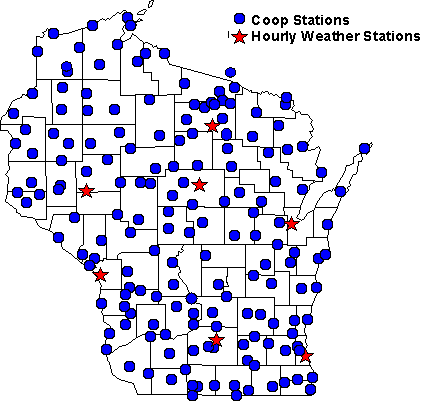
Wisconsin State Climatology Office
Wisconsin State Climatology Office research on past and present climate change useful for making climate smart decisions. Check out the latest monthly State Climate Bulletin.

Vital Signs of the Planet
This NASA website provides research and tools to evaluate how climate change globally affects Wisconsin locally. Robust resources for educators and the public based on vetted NASA research.
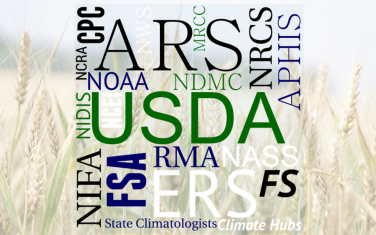
Midwest Climate Hub
Science-based, region-specific research and technologies from USDA agencies and partners to enable agricultural and natural resource managers make climate-informed decisions.
Communities & Climate Change… resources for local governments and citizens

Climate Fast Forward
Strategies and resources for Wisconsin local governments and citizens from the Governor’s Climate Fast Forward conference.
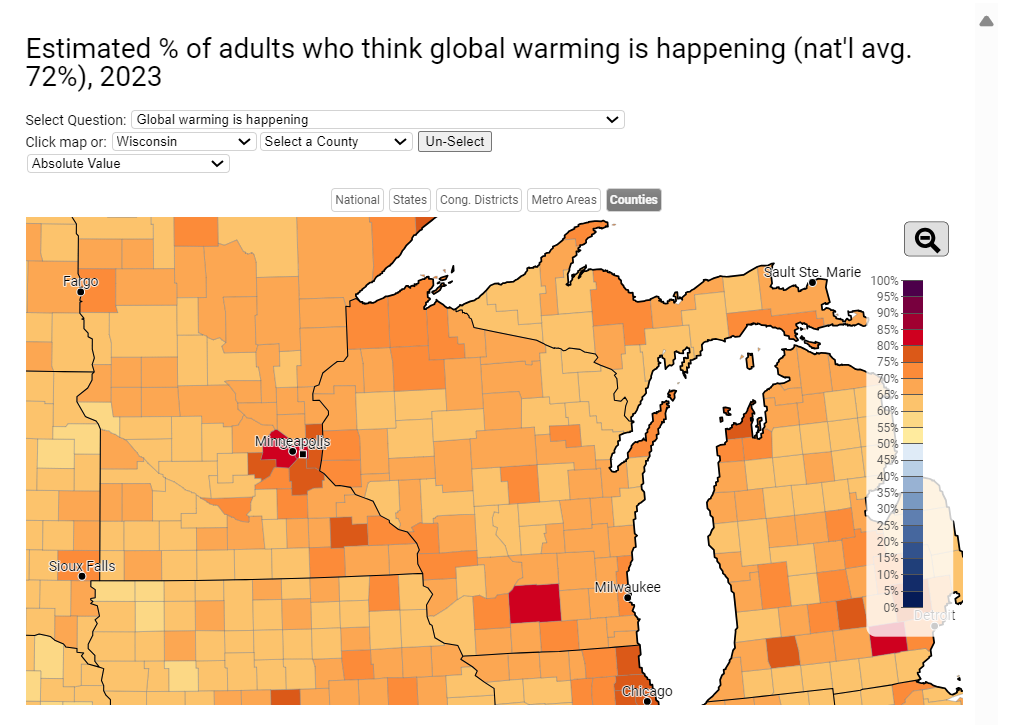
Wisconsin’s Climate Opinions
What do Wisconsin communities think about global warming? Visualize public opinion research on a variety of climate questions at the national, state, county, and congressional district level.
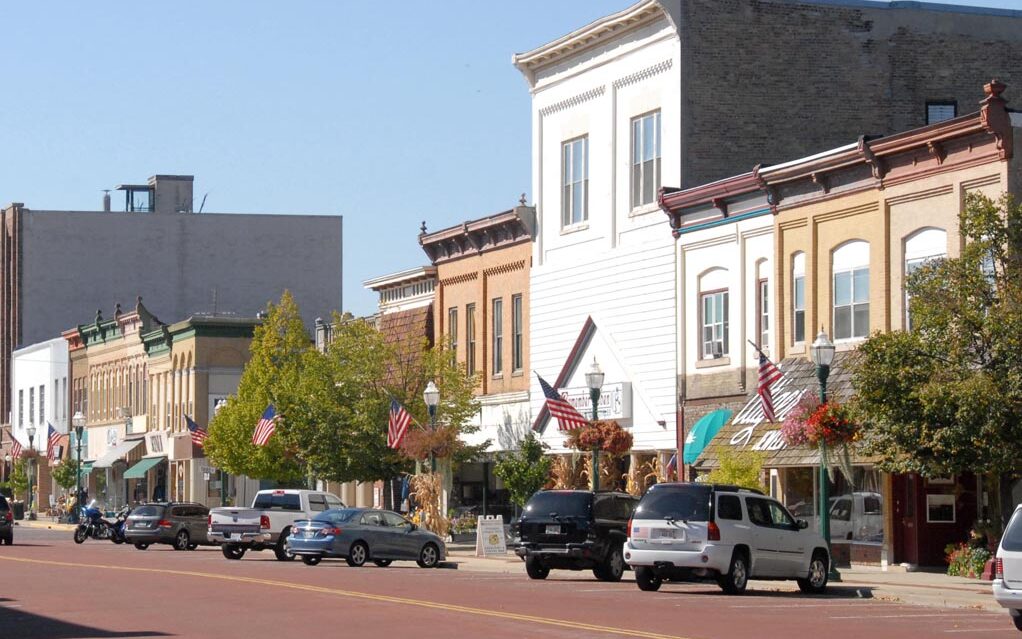
Community Climate Scenarios
Guidance for communities on how Wisconsin’s climate will be different in 2050 so they can build resilience.

Wisconsin Heat Vulnerability Index
A resources for communities and service providers to identify populations who are most at risk from extreme heat in Wisconsin.
Agriculture & Climate Change… resources for farmers and agricultural producers
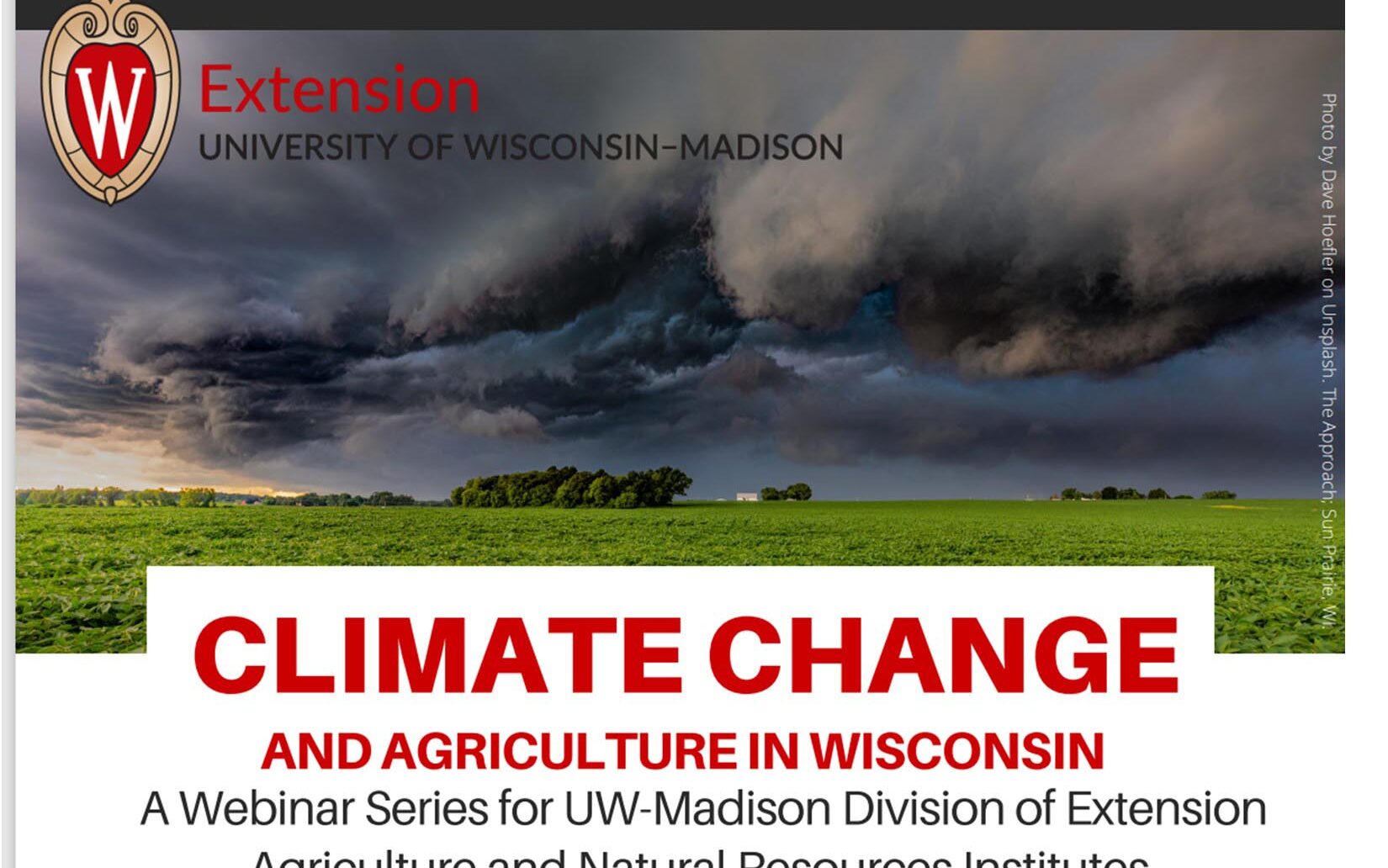
Climate Change and Wisconsin Ag
Watch this 3-part Extension webinar covering: climate trends in Wisconsin ag, perceptions of climate change and engaging farmers, and emerging climate policy and educator resources for Wisconsin ag.
Check out the most recent Midwest Ag Climate Outlook from the USDA Midwest Climate Hub.
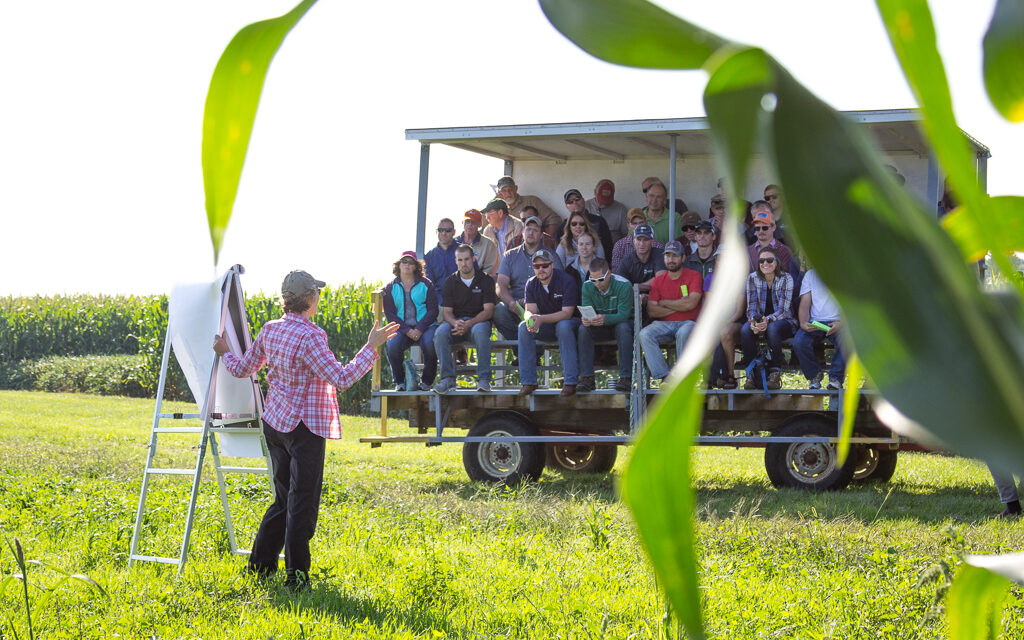
Increasing Ag Energy Efficiency
An Extension resource on energy utilization, conservation and renewable energy. Explore analysis of different technologies, and decision tools for dairy farms, grain drying, irrigation, crop storage, aquaculture, greenhouses, maple syrup production.
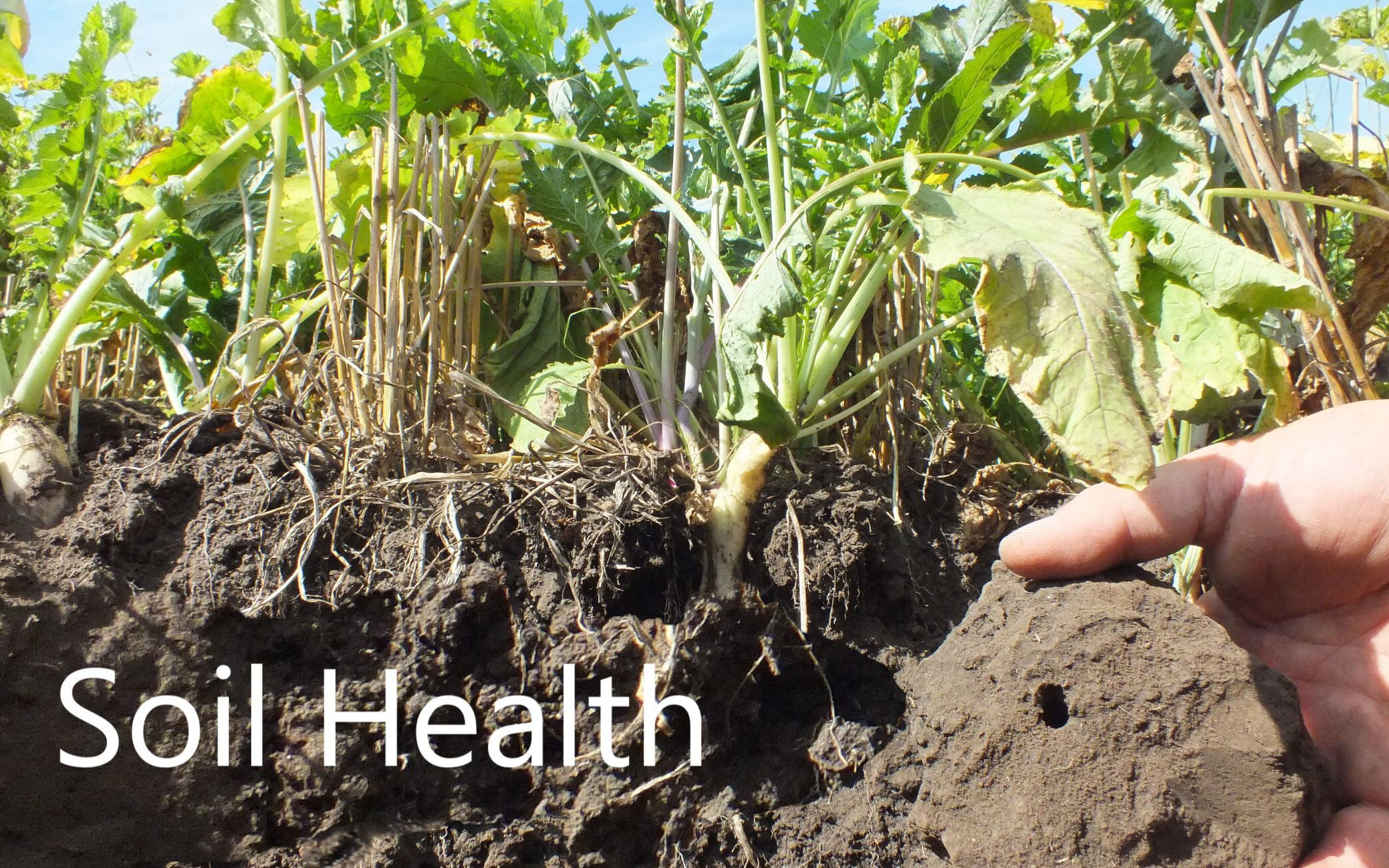
A Carbon Credit Program-Is It For You?
The is a lot of carbon stored in our soil. What is a “carbon credit” and should you consider this program for your farm or forest? This Extension resource examines the factors to consider before jumping in!
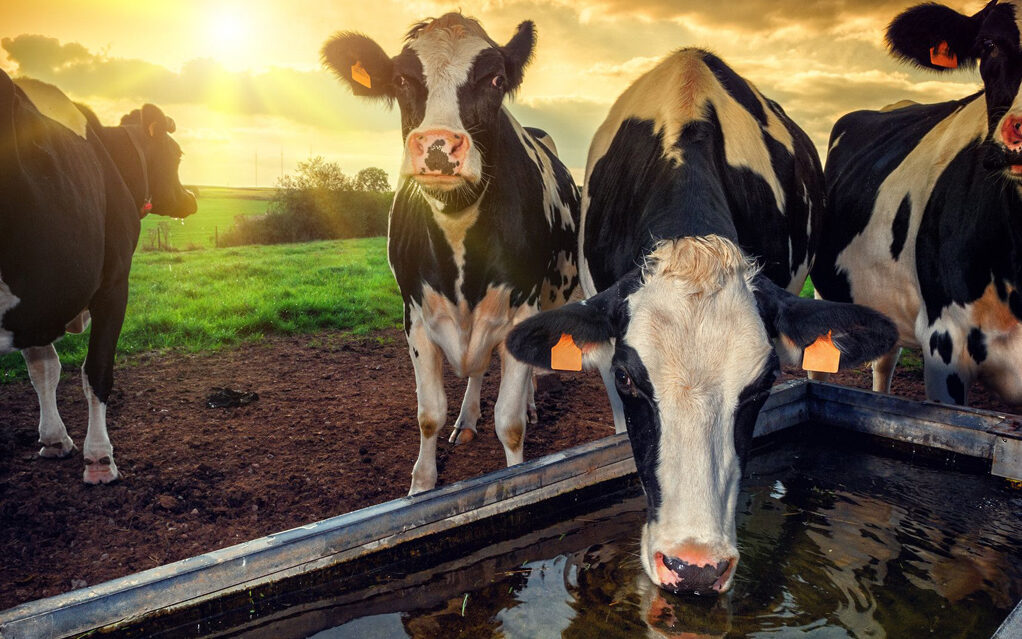
Dealing With Dairy Heat Stress
This Extension website offers research-based resources to help dairy producers adapt to Wisconsin’s warming temperatures. Besides the economic burden, heat stress affects animal welfare.
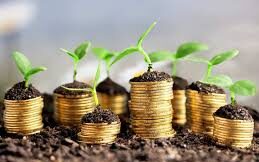
Wisconsin Ag Climate Outlook
Weekly reports providing ag advisors, conservation staff, and farmers with up-to-date Wisconsin climate information to make informed decisions based on the current and forecasted conditions in their area.
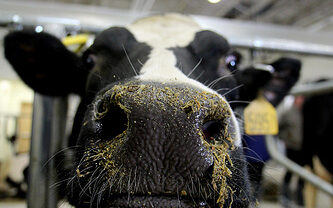
Reducing Ag Methane Emissions
Livestock methane reductions could have immediate climate benefits in helping reduce greenhouse gas emissions from agriculture. Investigate how farmers can help reduce methane emissions.
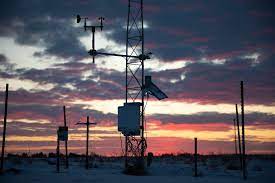
WISCONET
WISCONET provides timely and accurate weather data for Wisconsin resource management, research, and industry decision-making.

Using Weather Data
Agriculture educator Kevin Schelley and Dr. Steve Vavrus-Wisconsin State Climatologist, discuss how weather data can help farmers and agronomists. Check out the Wisconsin Monthly Climate Summaries
Health and Climate… resources for community health providers
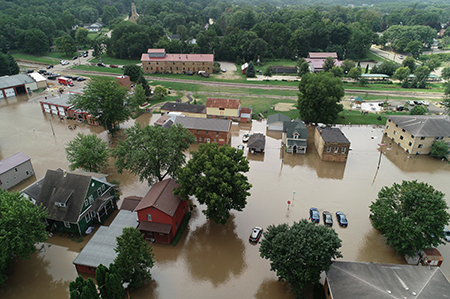
Climate and Health
Strategies, tools, and trainings from the Wisconsin Department of Health Services to help communities address health outcomes related to climate change.
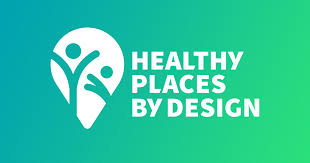
A robust list of resources and annual county level rankings providing of how climate and health is influenced by where we live, learn, work and play. Includes resources for evaluating climate justice, equity, and resiliency.
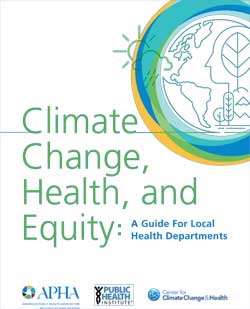
Climate Change, Health and Equity
By linking health equity and climate change, public health leaders can show how transformative changes can protect people and build healthy and equitable
communities in the era of climate change.
Energy… resources for communities and citizens for increasing efficiency
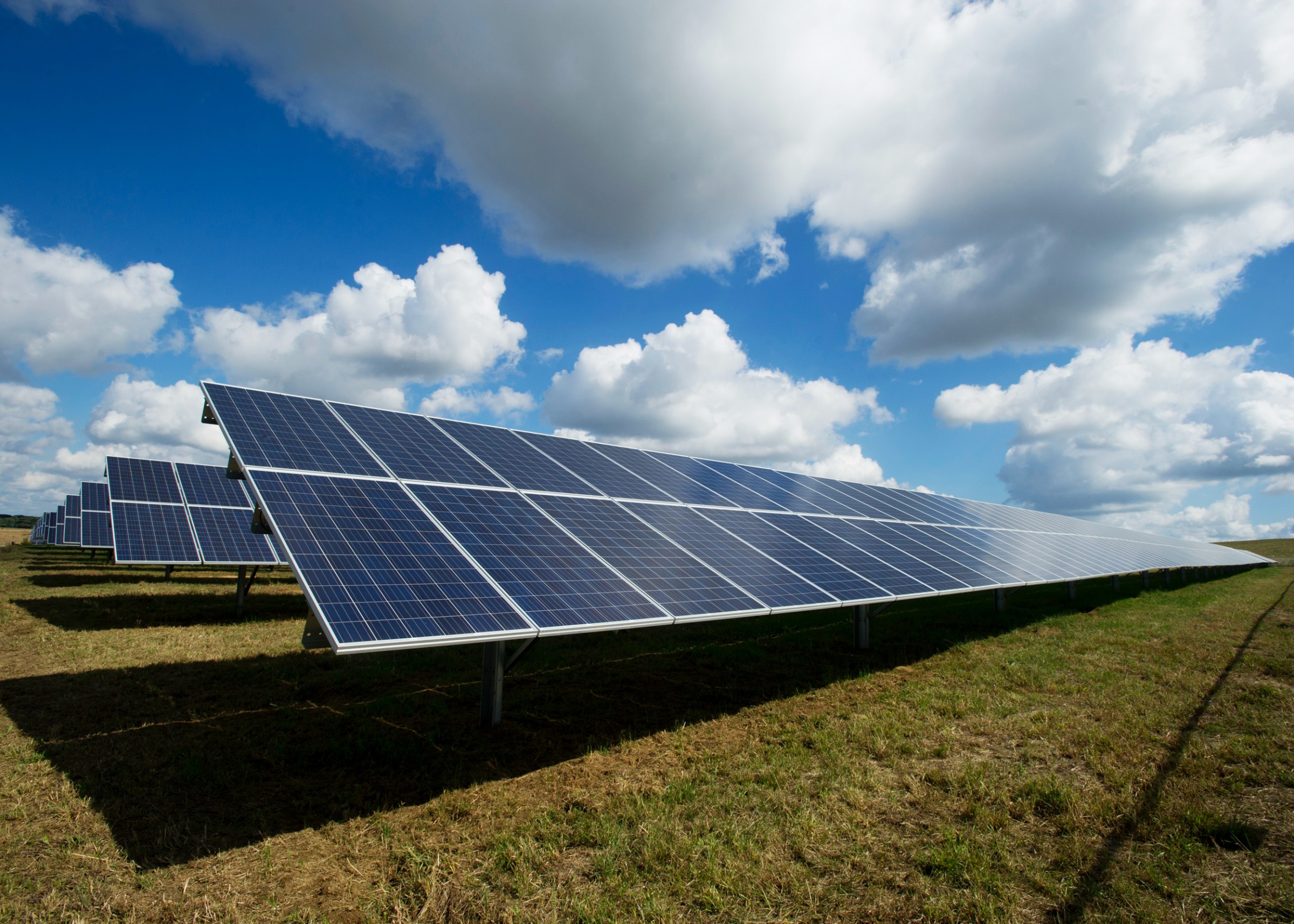
Wood County Energy Efficiency
This case study demonstrates how Wood County, WI is reducing energy costs by residents, businesses, schools and government offices and employing energy efficiencies in their buildings to meet energy needs and reduce carbon emissions. Extension has been a key partner in this initiative.
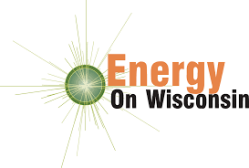
Energy On Wisconsin
Energy On Wisconsin provides resources and the latest information, tools, financing and funding, trainings, and opportunities to promote Wisconsin’s transitions to energy independence and a clean energy economy. Check out the Energy on Wisconsin Calendar for daily listing of climate conferences, funding, and events.
Youth… resources for climate education and action

Gen Z’s Unite for Climate Action!
This National 4-H Council survey of 1,500 teens from 13-19 years old explores their concerns about — and commitment to — protecting the environment and gives great ideas for youth climate action!
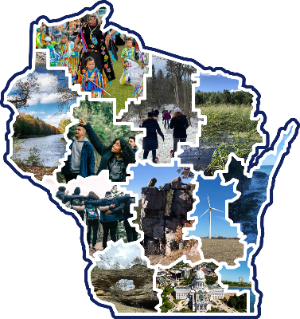
Wisconsin Climate Education Hub
This hub provides educators with quick, easy access to teacher approved and scientist reviewed resources to support the Wisconsin’s state requirement for environmental education. The site includes teaching resources, lessons and activities, and news for students.
Indigenous Climate Science….resources for Traditional Ecological Knowledge (TEK)
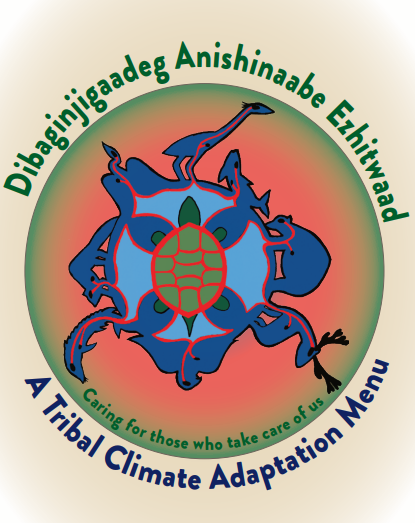
Tribal Climate Adaptation Menu
The Tribal Climate Adaptation Menu provides a framework to integrate indigenous knowledge, culture, language and history into the climate adaptation planning process.
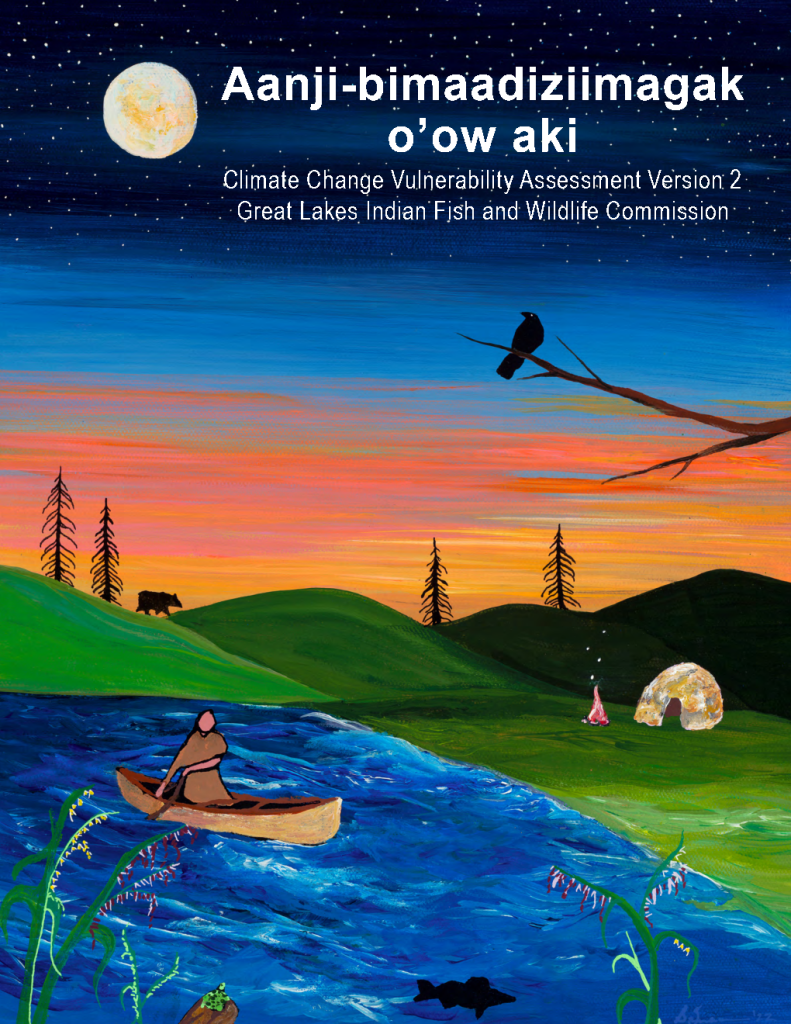
Climate Vulnerability Assessment
Research from Great Lakes Indian Fish and Wildlife Commission evaluating the vulnerability of 80+ plant and animal beings to climate change based on traditional ecological knowledge (TEK) of Ojibwe people and scientific ecological knowledge (SEK).
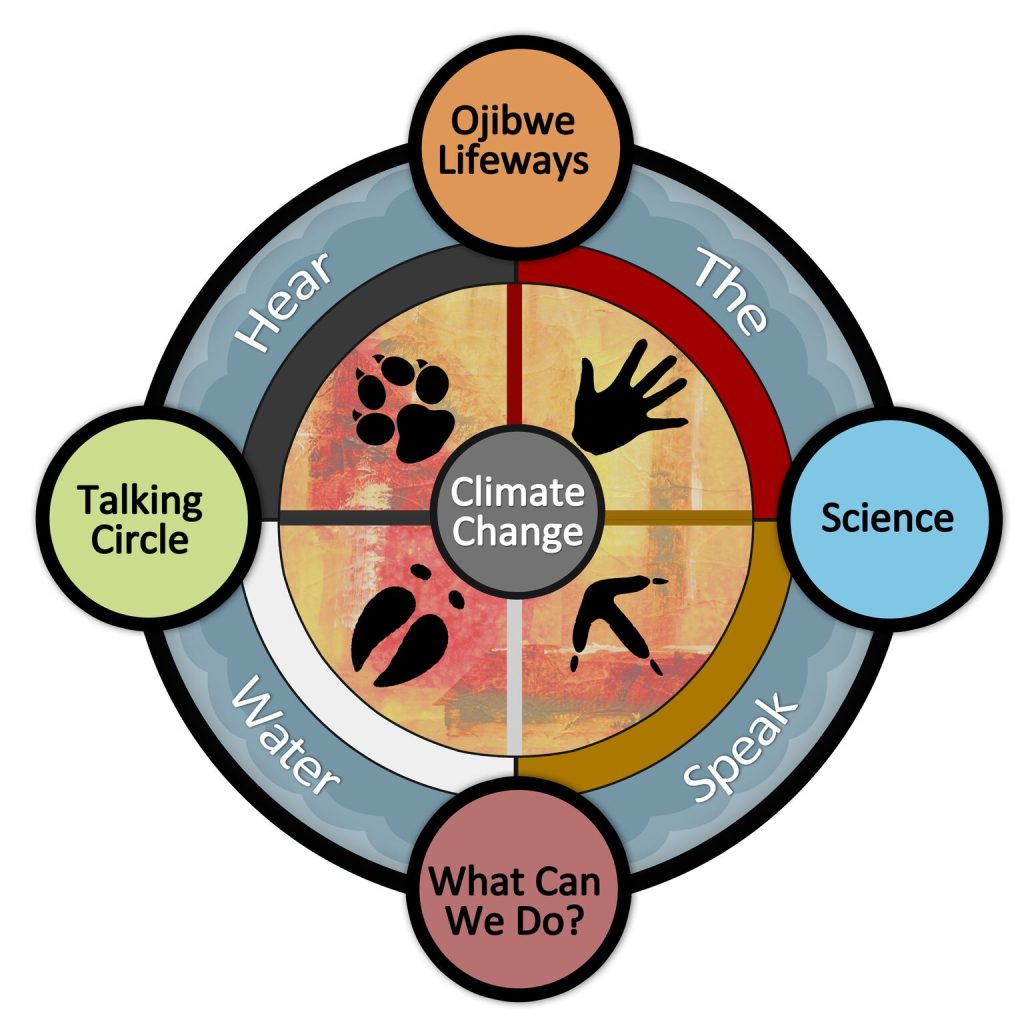
Integrating Indigenous and Academic Climate Science
The “Gikinoo’wizhiwe Onji Waaban” (Guiding for Tomorrow) website demonstrates how to integrate integrate indigenous and academic science with place-based knowledge to increase climate awareness and action in all cultures.
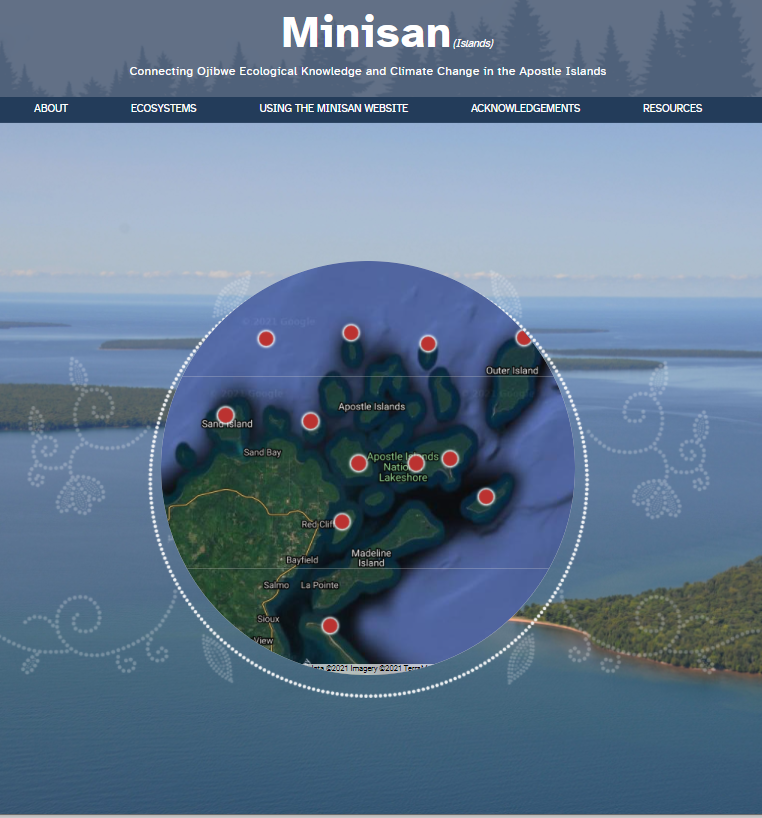
Decolonizing Climate Change Outreach
Explore how indigenous science and culture are decolonizing climate change outreach and adaptation in Lake Superior’s Wenaboozhoo Minisaning (the Apostle Islands).




